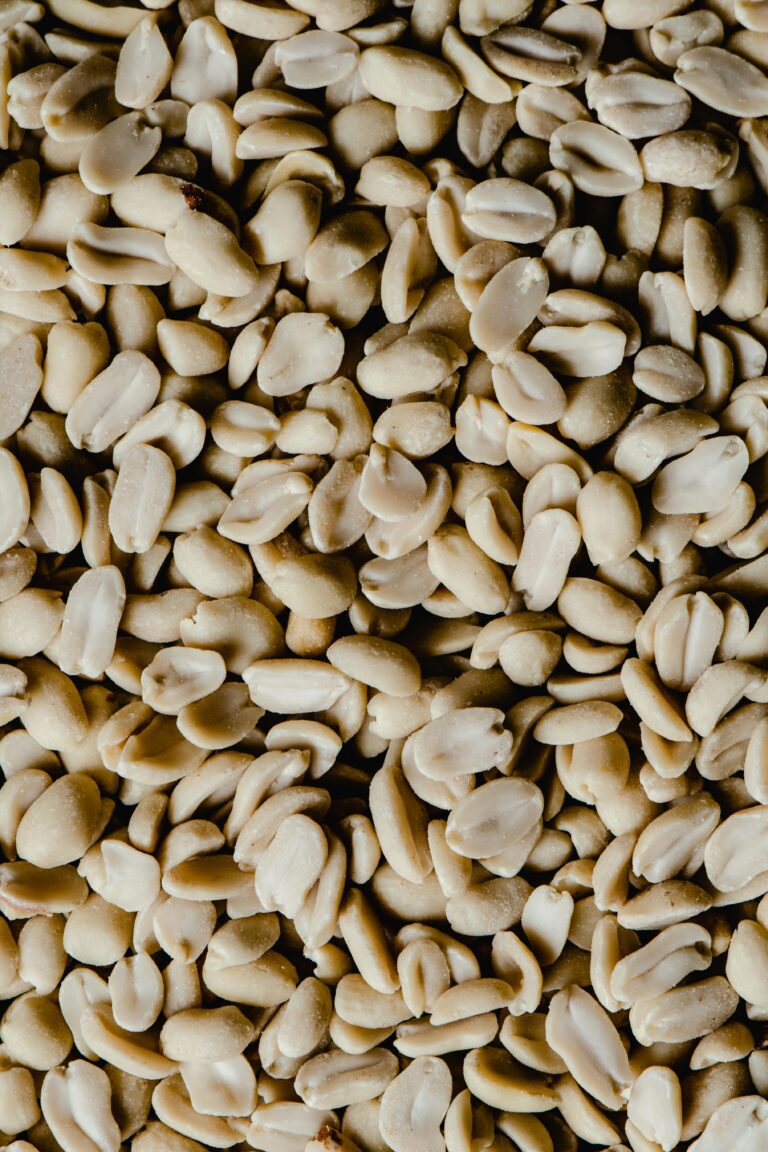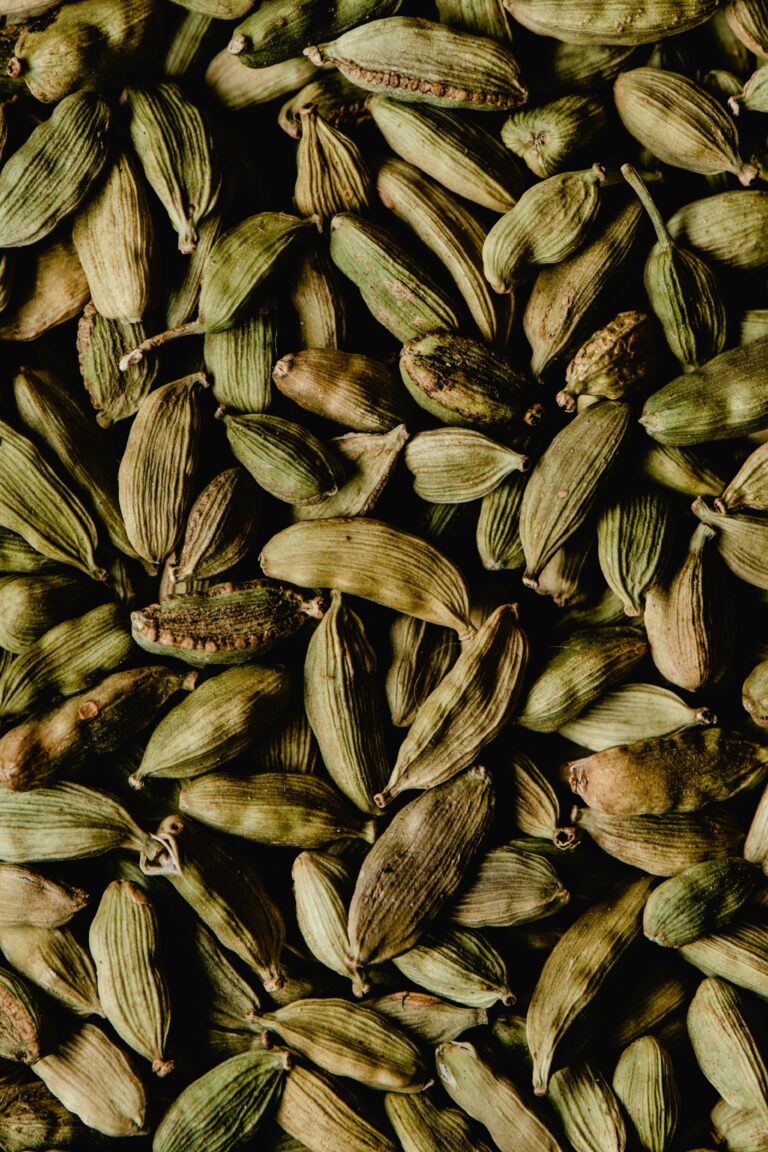health benefits of mango

Health Benefits of Mango
Mango, scientifically known as Mangifera indica, is often referred to as the “king of fruits” due to its sweet taste, rich flavor, and impressive nutritional profile. Native to South Asia but now grown in many tropical and subtropical regions, mangoes are widely appreciated not just for their taste but also for their numerous health benefits. In this article, we will explore the key health advantages of consuming mangoes in approximately 700 words.
- Packed with Essential Nutrients
Mangoes are rich in vitamins and minerals that are vital for overall health. A single cup of sliced mango (about 165 grams) provides:
Vitamin C – Boosts the immune system and promotes skin health
Vitamin A – Supports eye health and immune function
Vitamin E – Acts as an antioxidant and promotes skin repair
Vitamin B6 – Helps brain development and function
Folate – Essential for cell division, especially important during pregnancy
Potassium – Maintains healthy blood pressure and heart function
Magnesium – Supports muscle and nerve function
These nutrients make mango a perfect fruit for maintaining daily health and energy levels.
- Strengthens the Immune System
Thanks to its high vitamin C content, mango plays a major role in strengthening the immune system. Vitamin C increases white blood cell production, which helps the body fight off infections. Vitamin A and several antioxidants in mangoes also contribute to immune defense, helping to protect the body from illness and disease. - Promotes Eye Health
Mangoes are an excellent source of vitamin A, lutein, and zeaxanthin, all of which are crucial for maintaining good eye health. These nutrients help prevent night blindness, reduce the risk of age-related macular degeneration, and protect the eyes from harmful UV rays and blue light exposure. Regular consumption of mangoes can improve vision and eye clarity. - Improves Digestive Health
Mangoes contain dietary fiber and enzymes such as amylases that help break down carbohydrates and promote healthy digestion. The fiber in mangoes helps prevent constipation and supports a healthy gut microbiome. Eating mango regularly can aid in smoother bowel movements and better nutrient absorption. - Supports Skin Health
Mangoes are rich in vitamin C and vitamin E, both of which are essential for healthy skin. Vitamin C helps in collagen formation, which keeps the skin firm and youthful, while vitamin E helps repair skin cells and protect against sun damage. Mangoes also contain beta-carotene, which gives skin a healthy glow and protects it from aging. - Aids in Weight Management
Though naturally sweet, mangoes can be part of a healthy weight management plan when consumed in moderation. The fiber content promotes satiety, reducing hunger and unnecessary snacking. Mangoes can be a healthier alternative to processed sweets or snacks, especially when eaten fresh without added sugars. - Helps Lower Cholesterol
Mangoes contain high levels of pectin and fiber, which may help lower bad cholesterol (LDL) levels in the body. In addition, the antioxidants and vitamins in mango help cleanse the blood and promote a healthy heart. Regular consumption may support better blood lipid profiles and reduced risk of heart disease. - Regulates Blood Sugar (in Moderation)
While mangoes are naturally high in sugar, their low glycemic index (when eaten in small amounts) means they don’t cause extreme spikes in blood sugar levels for most healthy individuals. The fiber content also helps slow down sugar absorption. However, people with diabetes should consume mango in moderation and consult a doctor. - Enhances Brain Function
Mangoes are rich in vitamin B6, which is crucial for brain development and proper functioning of neurotransmitters. They also contain glutamine acid, an amino acid that helps improve concentration and memory. Eating mango may support better focus and cognitive function over time. - Supports Heart Health
The potassium and magnesium in mangoes are known to support heart health by maintaining healthy blood pressure and a steady heartbeat. The antioxidants in mangoes also help reduce inflammation and oxidative stress, both of which are risk factors for heart disease.
How to Include Mango in Your Diet
Mango is incredibly versatile and can be enjoyed in many ways:
Freshly sliced or diced
In smoothies or juices
As part of fruit salads
In yogurts or cereals
In chutneys and sauces
As a dessert topping
To get the most health benefits, eat fresh, ripe mangoes without added sugar or syrups.
Conclusion
Mango is more than just a delicious tropical fruit; it’s a powerhouse of nutrients that support various aspects of health. From boosting immunity and supporting eye and skin health to aiding digestion and improving heart function, mango deserves its title as the “king of fruits.” Incorporating mango into your diet can be both enjoyable and beneficial for your overall well-being.




